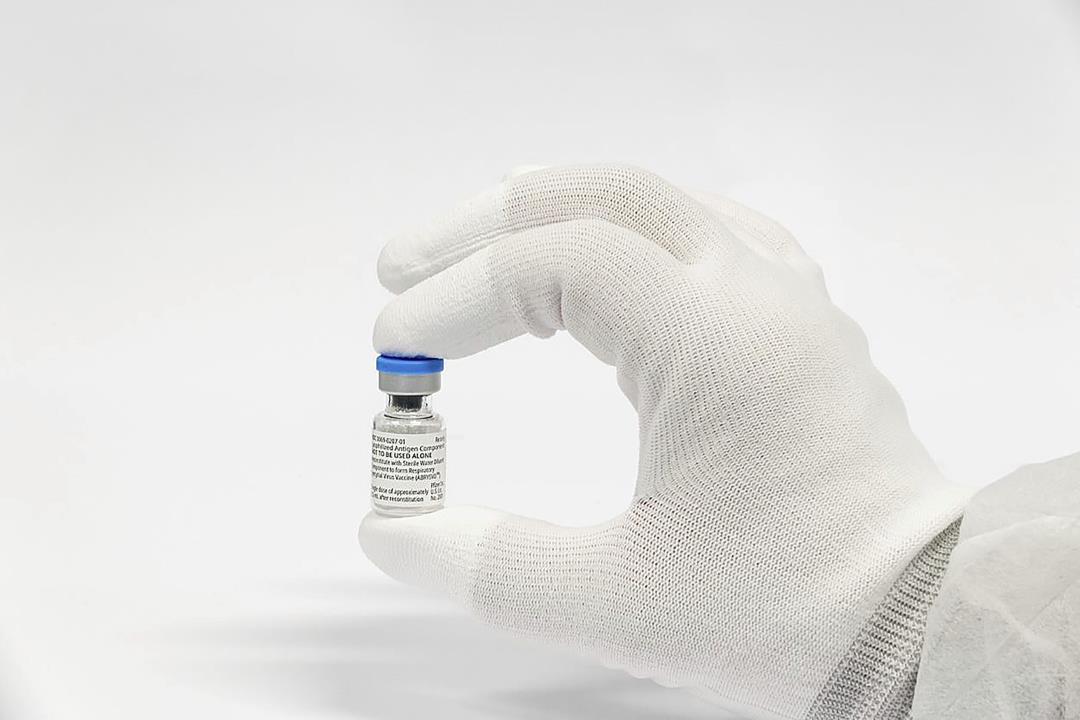US regulators have given their approval for the first RSV vaccine for pregnant women. This groundbreaking vaccine will provide protection against the dangerous respiratory infection to newborns. RSV is notorious for causing respiratory issues in babies during the fall and winter seasons, leading to hospitalizations. Pfizer’s maternal vaccination has been cleared by the Food and Drug Administration, targeting severe cases of RSV in infants from birth to 6 months of age. The next step is for the Centers for Disease Control and Prevention to issue recommendations for the use of the vaccine, called Abrysvo, during pregnancy. Meanwhile, vaccinations for older adults, who are also at high risk, are underway using Pfizer’s shot along with another from competitor GSK.
Dr. Elizabeth Schlaudecker, a researcher in Pfizer’s international study of the vaccine at Cincinnati Children’s Hospital, stated, “Maternal vaccination is an incredible way to protect the infants.” She believes that if vaccinations start soon, there could be a significant impact on the RSV season. The RSV vaccination works by administering a single injection late in pregnancy, allowing the mother to develop virus-fighting antibodies that can pass through the placenta to the fetus and be ready to defend against infection at birth. This method mimics how pregnant women pass protection against other infections to their babies. Along with flu and whooping cough vaccines, COVID-19 vaccination has also been recommended for pregnant women.
Pfizer’s study involved nearly 7,400 pregnant women and their infants. While the maternal vaccination did not prevent mild RSV infection, it proved to be 82% effective in preventing severe cases during the first three months of the babies’ lives and remained 69% effective against severe illness at 6 months of age. The most common reactions to the vaccine were pain at the injection site and fatigue. The study did show a slight difference in premature births, with vaccinated mothers having births a few weeks early compared to those given a placebo, which Pfizer attributed to chance. To reduce this possibility, the FDA recommends administering the vaccine between 32 and 36 weeks of pregnancy, a few weeks later than during the clinical trial. The alternative method of protecting babies from RSV is to provide them with lab-made antibodies.
(Opinion) Overall, the approval of the RSV vaccine for pregnant women marks a significant step in safeguarding the health of infants against this respiratory infection. This breakthrough paves the way for a potential decrease in hospitalizations and severe cases among newborns. With proper recommendations from the CDC and widespread adoption, this vaccine could have a substantial impact on reducing RSV-related illnesses during the upcoming season. It also highlights the importance of maternal vaccinations in protecting vulnerable populations, adding to the existing recommendations for flu, whooping cough, and COVID-19 vaccinations during pregnancy.
Denial of responsibility! VigourTimes is an automatic aggregator of Global media. In each content, the hyperlink to the primary source is specified. All trademarks belong to their rightful owners, and all materials to their authors. For any complaint, please reach us at – [email protected]. We will take necessary action within 24 hours.


